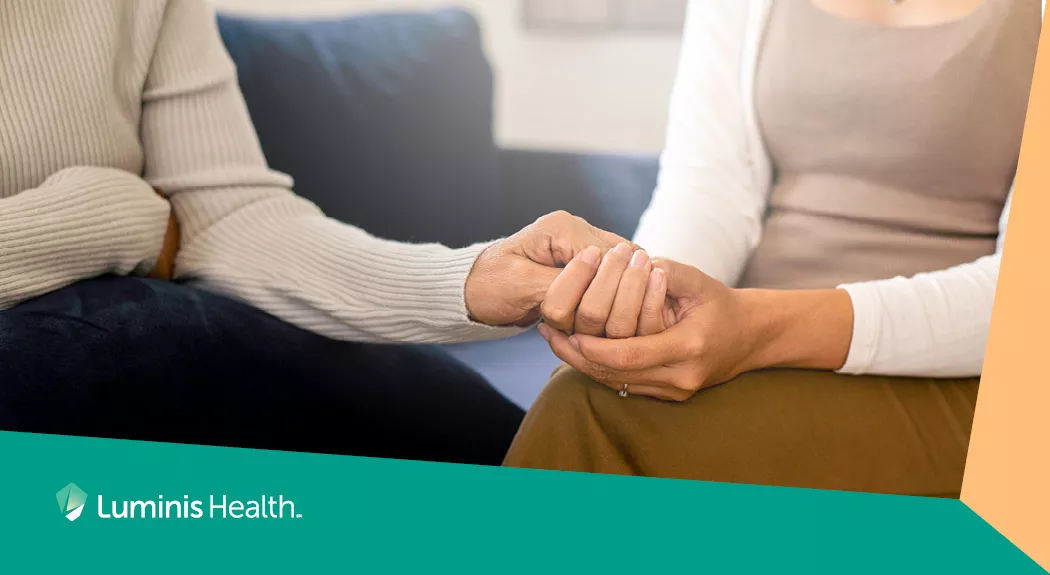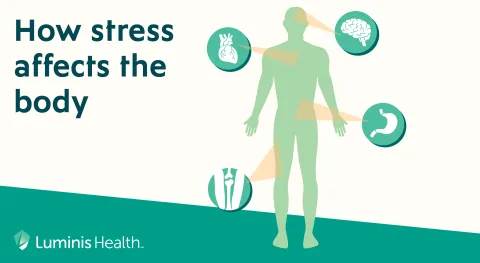Feeling down? Anxious? A little “off?” You’re not alone. The first year of the COVID-19 pandemic caused a 25% increase in anxiety and depression around the world, according to the World Health Organization (WHO). Now, as the threat of airborne illness remains, everyone — from seniors to teens — are feeling the effects.
Isolation, stress, and worry about our families and loved ones can take a toll on our physical and mental health. But knowing what resources are available and where you can access them can make a big difference. Whether you’re looking for talk therapy, a support group or any other kind of mental health care, these options can help you decide what you need and where to find it.
Counseling and Psychotherapy
Bad days are normal. But when feelings of anxiety, burn out, or “the blues” become constant, the help of a doctor may help you feel better. Counseling or psychotherapy (also known as “talk therapy”) is one of the most widely used treatments for mental health. A mental health professional will meet with you — either one-on-one or in a group setting — to discuss how you’re feeling and ways to make it better. Talk therapy can be a valuable resource for anyone experiencing:
- A long-term mental health condition
- Anxiety
- Depression
- Interpersonal issues
- Life challenges
Talking to a licensed mental health professional may be a good place to start if your symptoms are causing distress or affecting your daily functioning. Or, if you’re seeking help for trauma or a mental illness.
Your doctor may be able to refer you to a specialist. Or you can search your provider directory for the counselor who is right for you. You may also be able to access mental health care for low- or no cost through a local community center, church or hospital.
Substance Abuse Prevention or Treatment Programs
If you or someone you love is struggling with addiction, don’t wait to get help. Reaching out right now could save a life.
Out-patient therapy, support groups and stays at in-patient facilities assist individuals managing substance dependence.
The Substance Abuse and Mental Health Services Administration (SAMHSA) offers resources to help people begin their recovery journeys. Use this anonymous treatment services locator to find services and facilities.
The SAMHSA National Helpline, available 24/7 at 1-800-662-HELP (4357), can connect you to even more treatment options, referrals and information.
Mental Health Crisis
The World Health Organization defines “mental health” as a state of being in which an individual can work, thrive, cope with life stressors and recognize their own value.
During a mental health crisis, coping becomes extremely difficult. Here are some signs that you or someone else might be experiencing a mental health crisis:
- Extreme mood swings
- Dissociation
- Hallucinations
- Paranoia
- Poor hygiene
- Self-harm or self-injury
- Self-imposed isolation
- Severe agitation
- Significant despair
- Feelings of helplessness
- Hopelessness
If you suspect that someone is in crisis, call the SAMHSA National Helpline anytime at 1-800-662-HELP (4357), or dial 988. You can also visit a walk-in urgent care center or emergency room (ER) for immediate care.
In Case of Emergency
When a mental health crisis escalates, it can become an emergency. And a mental health emergency is a life-threatening situation. During this kind of emergency, a person may threaten to harm themselves or someone else. They may appear disoriented or “out of touch” with reality. Dangerous activities and out-of-control behavior may be signs of an emergency.
If you or your loved one is in danger or threatening to hurt themselves or someone else, call 9-1-1. That way, you or your loved one can get the help you need right away.
Learn more about Luminis Health’s behavioral health services. We offer comprehensive care across outpatient therapy and medication management, substance use programs, inpatient treatment and partial hospitalization.
Authors
Maria Winters is Licensed Clinical Professional Counselor for Luminis Health.




